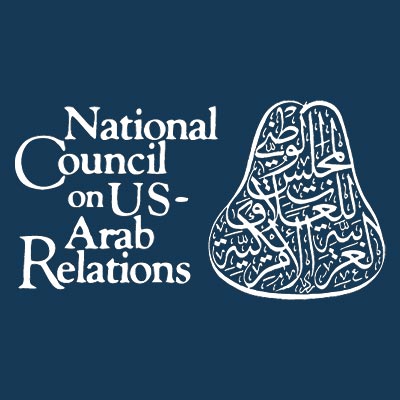King Abdullah’s proposal to drive Arab economic growth
Source: Arab News (Read full story)
…
During the Jan. 21-22 conference that was held in the Saudi capital, King Abdullah urged Arab leaders to increase the capitals of Arab joint companies and funds by 50 percent to speed up Arab economic recovery.
The proposal, which was to channel an additional $ 10 billion to Arab economies in new funds, was endorsed by the summit. The move has been welcomed by Arab businessmen, saying it would have a big impact on increasing inter-Arab trade and investment.…
IMF: Yemen has room to slash interest rates
Source: Saudi Gazette (Read full story)
…
International support is critical to enable Yemen to consolidate its stabilization and advance reforms to boost employment and reduce poverty, Sakr said, adding that donor aid improved in 2012 thanks to Saudi Arabia.
The IMF is ready to consider further financial aid in 2013 if it is approached, he added. The Fund resumed lending to Yemen last April, approving the payment of a $93.7 million loan. Last week, Yemen’s planning minister told Reuters that Gulf Arab states had promised aid on top of the $7.9 billion pledged by foreign donors last autumn.…
Kuwait hosts training course on human rights
Source: Khaleej Times (Read full story)
…
The Gulf Civil Society Association Forum (GCSAF) organized a training course ‘Supporting the skills of the defenders of human rights’ in cooperation with the International Center for Supporting Rights and Freedoms (ICSRF) and sponsored by the National Endowment for Democracy (NED). The course was held on Thursday and Friday at the Ibis Hotel. A total of 33 participants from the GCC countries participated in the course, most of them lawyers, activists, intellectuals and other professionals.
…
Brookings Doha paper examines EU-GCC ties
Source: The Peninsula (Read full story)
…
The publication titled Toward a Strategic Partnership: The EU and the GCC in a Revolutionary Middle East draws on a roundtable discussion held at the Brookings Doha Center with the support of the European Commission. The paper assesses the status of the EU-GCC relationship and probes avenues for more effective cooperation in addressing the realities of a post-Arab Spring Middle East. Despite an alignment of interests on several fronts — from Syria to Yemen — the looming question of internal reform within the Gulf itself presents a growing challenge for EU-GCC ties.
…
Oman leader takes stock of immigration issues
Source: Gulf News (Read full story)
…
The Omani leader said expatriate manpower in the country had increased beyond desirable levels but acknowledged that expatriates were a critical factor in Oman just as in other countries where their expertise was valued. “The ratio we considered was always between 30 to 33 per cent of the population at the current time. The expatriates are required because the [citizen] workers still prefer certain jobs. Insha Allah, the Omani manpower will be present in all professions and projects,” Sultan Qaboos said.
…

